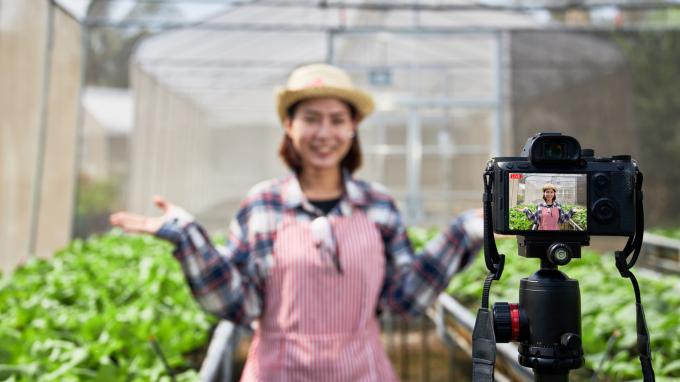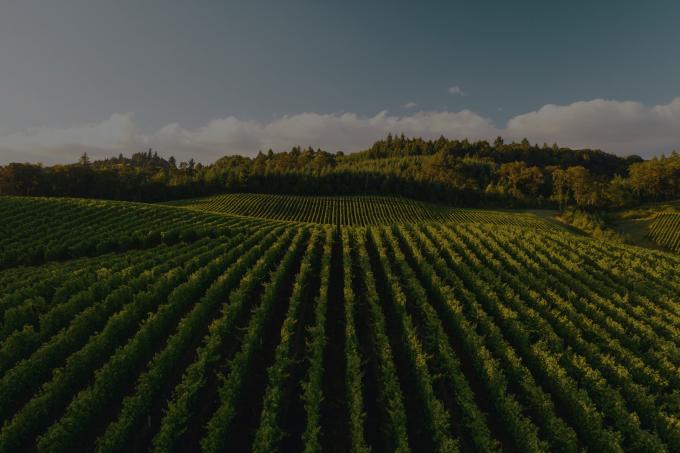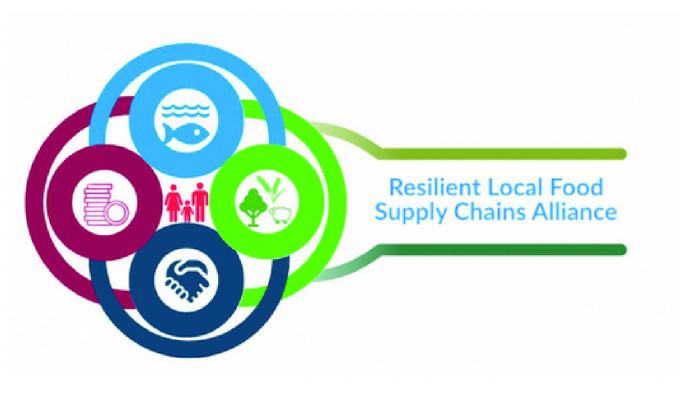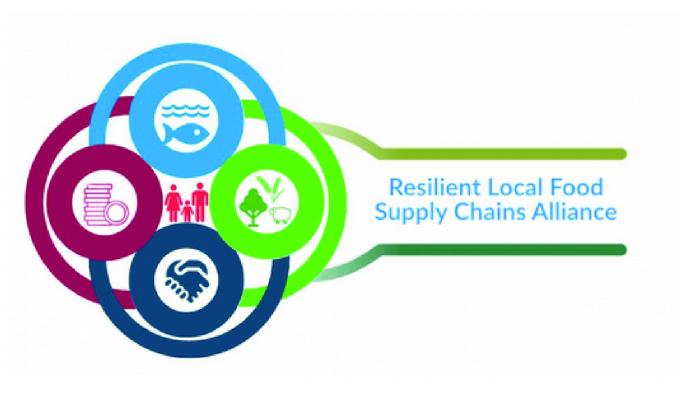GOOD PRACTICE

A new operational checkpoint at the port of Durres (Albania) for sampling and inspections of food and plant material entering the country
Albania
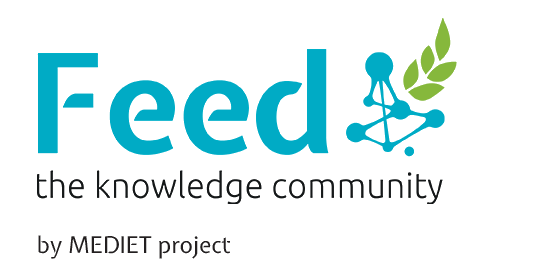
Albania faces food safety challenges due to inadequate inspection systems, risking public health. Through the work of international experts in collaboration with the Albanian Ministry of Agriculture, the National Food Authority (AKU) expanded inspection capabilities at the Durres port. The checkpoint design, which also considered the logistics for the arrival of food and biological material, was implemented with the assistance of international experts and by transferring knowledge from the ports of Bari and Naples in Italy. Albanian engineers created detailed plans and drawings, and AKU inspectors have actively participated in international experts' missions to adopt the best control system.
You must be registered to see all the content
The food available to the Albanian population lacks adequate hygiene and sanitation, owing to a flawed inspection system for domestic and imported items. The present inspection framework for edibles and quarantine plant material imported through the port of Durres is insufficient to ensure effective oversight and does not comply with the European standards.At the border points of the National Food Authority (AKU) located in the Durres port, there is a lack of adequate facilities for inspecting and sampling incoming foodstuffs. Inspections and sampling can only be conducted outdoors, in all weather conditions. Additionally, there is almost no equipment available for sampling and initial analysis, and inspectors have insufficient knowledge of suitable sampling techniques. Border controls are conducted solely through the use of paper documentation, without any computerization. This approach lacks guarantees of the sampling and analysis of imported foodstuffs, done objectively and according to appropriate parameters. The most significant consequence of this approach is the concrete risk of introducing contaminated foodstuffs into the country and/or breaching adequate hygienic standards. Furthermore, Albanian administrations lack the ability to conduct adequate inspections of incoming food and plant material consignments; in short, the risk of foodstuffs contaminated with pesticide residues and/or affected by quarantine agents exists for consumers.
The active stakeholders are the officials and managers of the Ministry of Agriculture and Rural Development, as well as the specialists and inspectors of the food safety system's subordinate institutions. These institutions include the National Food Authority (AKU), which operates from its headquarters in Tirana and regional headquarters in Durres. During the SAFIAL project, "Institutional Strengthening of the Ministry of Agriculture for Food Security Management," financed by Italian Cooperation and executed by CIHEAM Bari in collaboration with the Albanian Ministry of Agriculture and Rural Development, the Directorate General of the National Food Authority (AKU) expanded its area of impact by actively engaging the Ministry of Agriculture to ensure a sustained focus on food security matters. Thus, it facilitated the administrative procedures required for the construction of the new inspection point at the Durres headquarters for the inspection of imported foodstuffs. AKU inspectors have expanded their scope by actively participating in the missions of international experts and showing involvement during the design phases of the new facility, particularly for sample flows and inspection logistics.
The SAFIAL project, titled "Institutional Strengthening of the Ministry of Agriculture for Food Safety Management," was financed by the Italian Cooperation and executed by CIHEAM Bari in collaboration with the Albanian Ministry of Agriculture and Rural Development. It facilitated the establishment of a new checkpoint for imported food in Albania. This facilitated the enhancement of inspection capability and efficacy for foodstuff imports arriving at the port of Durres by the National Food Authority. This initiative will enhance the hygiene and sanitation standards of food available to the Albanian populace. Additionally, it will bolster the ability of Albanian institutions to enhance the safety of food for both human and animal consumption, as well as the health of plant material. In the medium term, one can expect a rise in the number of inspections and non-conformities identified, coupled with a reduction in food scandals covered by the national media. In the long term, the Albanian population will experience better health conditions. Upgrading the incoming food control system aligns Albania closer with EU entry requirements in this area and additionally, deters substandard deliveries at the source by preventing improper inspections.
In the long term, the Albanian population will experience better health conditions. Upgrading the incoming food control system aligns Albania closer with EU entry requirements in this area and additionally, deters substandard deliveries at the source by preventing improper inspections.The design was carried out with the assistance of international experts and by transferring knowledge from the ports of Bari and Naples in Italy. Albanian engineers created detailed plans and drawings, with AKU inspectors participating to report their requirements and provide direct field experience.









